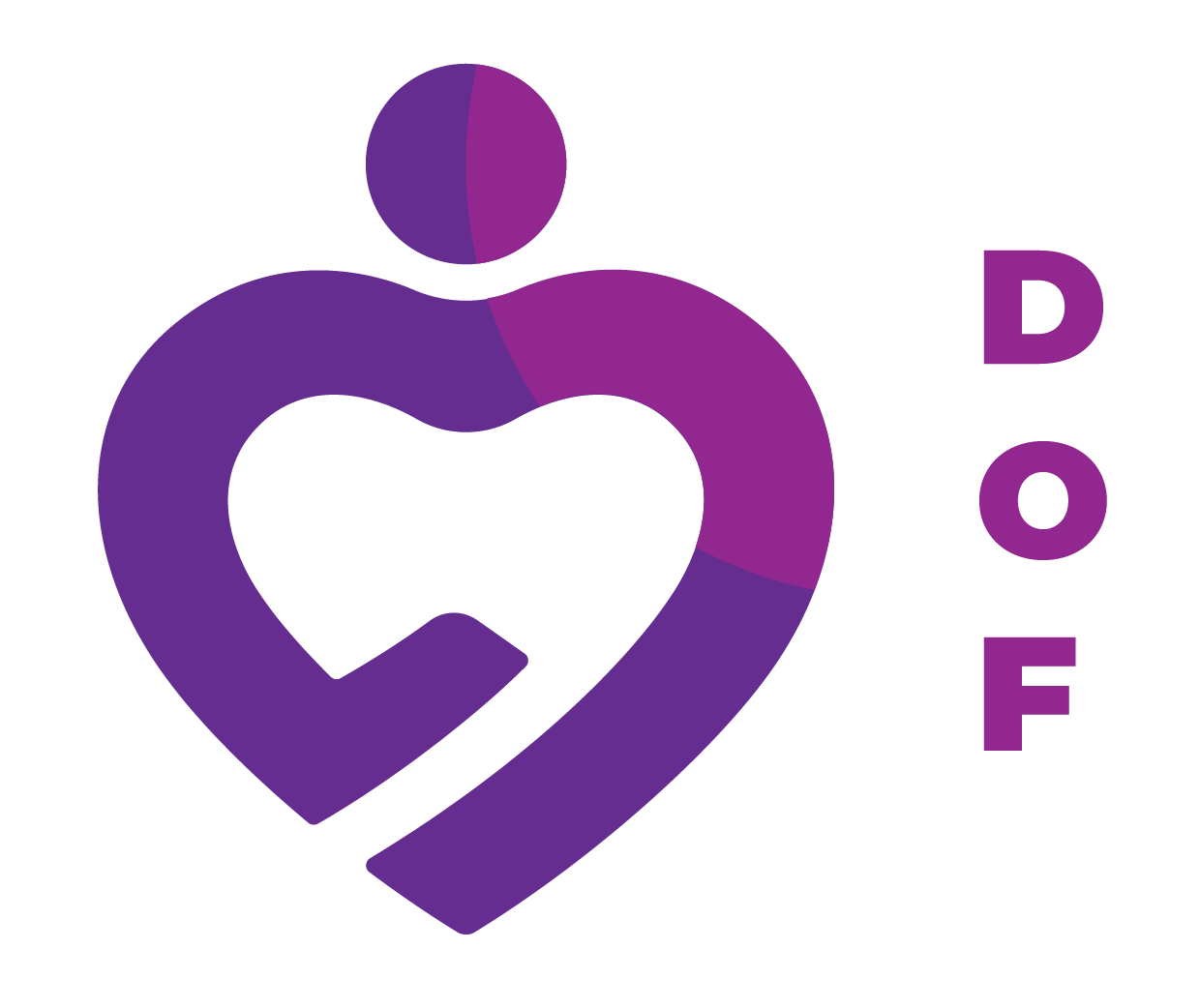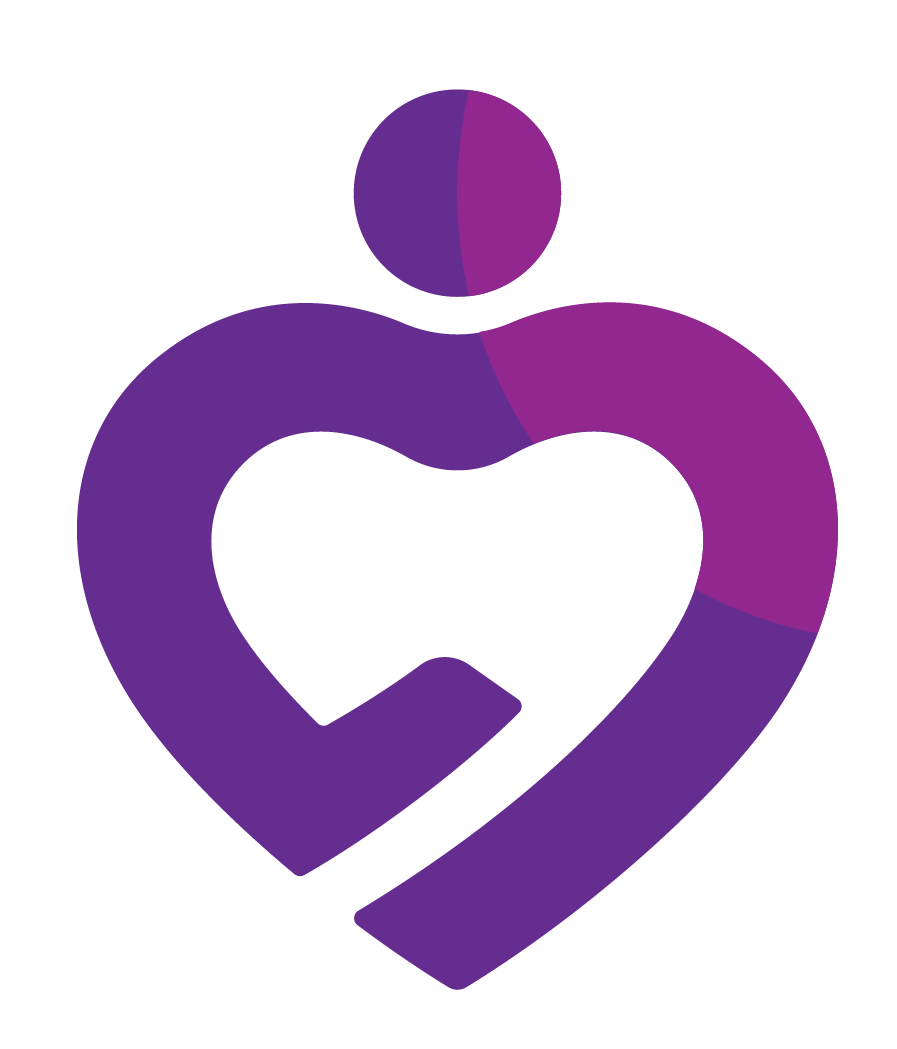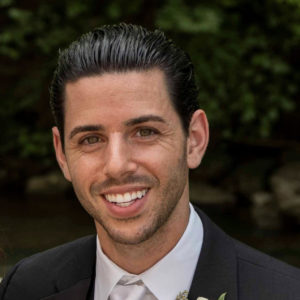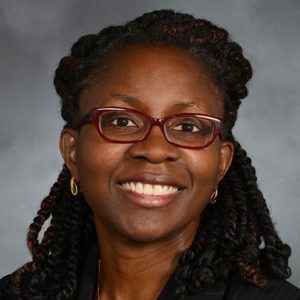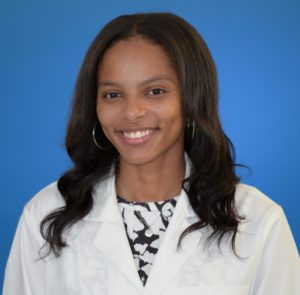What is your current title and role?
Physician Resident – Training in Anesthesia, Critical Care and Pain Medicine at Beth Israel Deaconess Medical Center, Boston MA.
Where did you grow up?
Los Angeles, CA
Tell us about your professional (medical, nursing, allied health, etc) school?
While studying Business Administration and Finance at the University of Southern California (USC) Marshall School of Business I decided that I wanted to pursue a career in Healthcare Administration. Seeing that healthcare was bound to grow as a field with the passing of the Affordable Care Act in 2010 and believing that business had the potential to improve access and quality of care just as much as it had the potential to decrease quality of care and increase healthcare costs, I decided to seek the pinnacle of healthcare training and become a physician. My plan has always been to eventually return to healthcare administration after my medical training with a deeper understanding of medicine before focusing on the business of healthcare.
After completing my bachelor’s in business administration and minor in Natural Science, I matriculated to the University of Vermont College of Medicine in beautiful Burlington Vermont. After Medical School I matched at Beth Israel Deaconess Medical Center in Boston, MA in the Anesthesia Critical Care and Pain Medicine Residency Program.
Tell us about struggles and challenges in achieving your goal(s) and how you overcame (them)?
I could not have predicted I would be where I am today from where I was in High School. This changed when I decided I wanted to attend University and ultimately Business School. I made the decision to leave High School and took the California High School Proficiency Exam prior to starting Community College. After 2 years in Community College, I transferred to the University of Southern California (USC). Gaining acceptance to USC required hard work and perseverance. During this time between High School and University, I learned how to be an efficient and effective student – a skill set I continue to use on a daily basis.
Please share with us about your family and your support group?
My support systems include my family, close friends, mentors and colleagues. I could not have achieved what I have without the love, support and sponsorship of these people.
Please share a memorable experience from your training that has stayed with you till today?
A particularly memorable experience from my training was my time spent in the anatomy lab during my first year of medical school. Learning human anatomy from a generous donor who sought to positively contribute to medical knowledge after their death remains a particularly potent example of when I felt profound gratitude and immense privilege. I continue to use the lessons I learned from them on a daily basis in my practice.
Please share a memorable teaching moment.
When I was at USC, I taught health education through the organization Peer Health Exchange (PHE). This wonderful non-profit aims to teach health education in schools that lack the resources to provide health education. Peer Health Exchange’s teaching structure utilizes undergraduate students to teach multiple health related topics. I fondly recall the immense satisfaction I experienced when students and teachers would thank my colleagues and I for volunteering to teach important health topics including healthy and abusive relationships, drug and alcohol use, sexual education, and nutrition and exercise.
Please share a highlight from your practice/current role.
I am particularly proud to be an Anesthesiologist as I have the privilege to protect and support patients throughout the perioperative period working collaboratively with my Surgical and Nursing colleagues at some of the most pivotal times in my patients’ lives.
Which of your accomplishments are you most proud of?
I am most proud of my transformation from an uninspired and underperforming high school student to that of a hard-working, effective and highly performing student and member of society. This growth helped me gain the stills and courage to push myself to the highest academic levels and become the physician and leader I am today.
What do you like and dislike the most about working in healthcare?
I love working with smart, compassionate, driven, and honest people who share a goal of making the world a better place – naturally in healthcare this can create a high pressure and at times stressful environment.
Two aspects of working in healthcare that I find particularly challenging are the increasing amount of paperwork required by physicians to provide care and the ever growing hurdles patients have to jump through in order to access to high quality healthcare.
What are three things that you are grateful for?
Family
Friends
Education
What excites you outside medicine?
I deeply enjoy spending time in nature, spending time with my loved-ones, learning about innovative technologies and companies and learning about the world I live in.
What advice do you have for students interested in healthcare?
Perseverance, hard work, integrity, and intellectual honesty can be rewarded by a lifetime of fulfilling work. If you are interested – seek out mentorship and commit yourself. The harder you work for your patients the better off they will be. And remember – just as much as you can make things better for you patients and community, you can also make things worse – so be honest with yourself and your patients.
What do you think the student of today needs to be successful in matriculating and graduating from professional school (medicine, nursing, allied health, pharmacy)
Perseverance, hard work, integrity, and intellectual honesty.
How would you advise or guide students to develop leadership skills, community outreach experience, research opportunities and clinical shadowing?
Seek mentorship early and broadly – a mentor can come from anywhere – your community, a friend of a friend, or a professional you admire and decide to reach out to. Don’t be afraid to reach out to someone you admire, most people are willing and excited to talk to younger motivated students that seek their wisdom.
How can we support and guide students to achieve good grades and be successful in standardized exams?
Like any other activity, being a good student requires the right “muscles” (skills) and “connective tissues” (support systems) – so exercise your abilities as a student often and rigorously.
